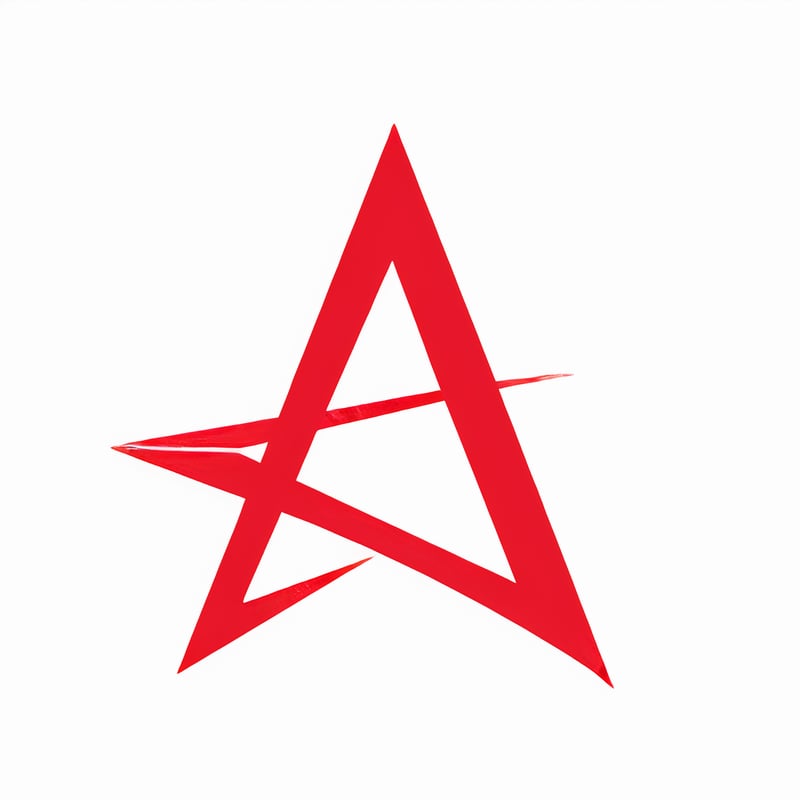Introduction
Animal Welfare Business Administration is a specialized field that combines business management principles with a focus on animal welfare. Professionals in this field are responsible for overseeing the day-to-day operations of animal welfare organizations, such as animal shelters, rescue groups, and advocacy organizations. They play a crucial role in ensuring the effective management and delivery of services to animals in need.
Training Requirements
To become an Animal Welfare Business Administrator, you will need to complete a vocational training program that provides you with the necessary skills and knowledge to excel in this field. While specific requirements may vary depending on the program and institution, here are some general training requirements to consider:
- High School Diploma or GED: Most vocational training programs require applicants to have a high school diploma or GED equivalent.
- Age Requirements: Some programs may have age requirements, typically 18 years or older.
- Application Process: You will need to go through an application process, which may include submitting an application form, transcripts, and references.
- Background Check: As Animal Welfare Business Administrators may work with vulnerable populations, such as animals and volunteers, a background check may be required.
- Interviews: Some programs may require applicants to participate in an interview as part of the selection process.
What to Look for in a Class
When searching for Animal Welfare Business Administration classes near you, it's essential to consider several factors to ensure you find the right program for your needs. Here are some key factors to look for:
- Accreditation: Make sure the program is accredited by a recognized accrediting body. Accreditation ensures that the program meets certain quality standards.
- Curriculum: Review the program's curriculum to ensure it covers the necessary topics and skills you need to succeed in the field. Look for courses that cover business management principles, animal welfare regulations and policies, fundraising, volunteer management, and financial management.
- Practical Experience: Practical experience is crucial in this field. Look for programs that offer opportunities to gain hands-on experience through internships, practicums, or field placements.
- Faculty: Research the qualifications and experience of the faculty members who will be teaching the classes. Look for instructors who have practical experience in the animal welfare field and a strong background in business administration.
- Alumni Success: Research the success of past graduates from the program. Look for alumni who have gone on to successful careers in animal welfare business administration.
What to Expect from the Day-to-Day Class
Once you enroll in an Animal Welfare Business Administration class, you can expect to gain a comprehensive understanding of the field through a combination of classroom instruction, hands-on training, and practical experience. Here are some things you can expect from the day-to-day class:
- Classroom Instruction: You will attend lectures and participate in discussions to learn about topics such as business management principles, animal welfare laws and regulations, fundraising strategies, volunteer management, and financial management.
- Hands-on Training: You may have the opportunity to participate in hands-on training activities, such as organizing fundraising events, managing volunteer programs, and developing business plans for animal welfare organizations.
- Practical Experience: Many programs offer opportunities for practical experience through internships or field placements. This will allow you to apply your knowledge and skills in real-world settings under the supervision of experienced professionals.
- Group Projects: Collaborating with your classmates on group projects will help you develop teamwork and communication skills, which are essential in the field of animal welfare business administration.
- Networking Opportunities: Your classmates and instructors can become valuable connections in the industry. Take advantage of networking opportunities to build relationships and learn from professionals already working in the field.
What Does the Certification Process Look Like?
After completing your Animal Welfare Business Administration training program, you may have the option to pursue certification to enhance your credentials. Certification is not mandatory but can demonstrate your commitment to professionalism and ongoing education in the field. The specific certification process will depend on the certifying body, but here are some general steps you may need to follow:
- Research Certifying Bodies: Look for certifying bodies that are recognized and respected in the animal welfare industry. Examples include the Certified Animal Welfare Administrator (CAWA) certification offered by the Society of Animal Welfare Administrators (SAWA) and the Certified Nonprofit Professional (CNP) certification offered by the Nonprofit Leadership Alliance.
- Meet Eligibility Requirements: Each certifying body will have specific eligibility requirements that you must meet before applying for certification. These requirements may include a certain number of years of experience in the field, completion of specific education or training programs, and letters of recommendation.
- Submit Application: Once you meet the eligibility requirements, you will need to submit an application to the certifying body. This may include providing documentation of your education, experience, and references.
- Pass the Exam: Some certifications require you to pass an exam to demonstrate your knowledge and understanding of the field. The exam may cover topics such as animal welfare laws and regulations, nonprofit management, fundraising strategies, and volunteer management.
- Maintain Certification: Once you obtain certification, you will need to fulfill any ongoing requirements to maintain your certification. This may include continuing education credits, professional development activities, and renewal fees.
How to Find Related Jobs
After completing your Animal Welfare Business Administration training and obtaining certification, you'll be ready to start your career in the field. Here are some steps you can take to find related jobs:
- Update Your Resume: Tailor your resume to highlight your education, training, and certification in animal welfare business administration. Include any relevant internships, volunteer work, or practical experience you gained during your training program.
- Network: Reach out to professionals in the animal welfare industry, including those you met during your training program. Attend industry events, join professional organizations, and engage with online communities to expand your network.
- Job Search Websites: Utilize job search websites to find job openings in the animal welfare field. Websites such as Indeed, LinkedIn, and Glassdoor can be valuable resources for finding job opportunities.
- Animal Welfare Organizations: Research animal welfare organizations in your area and reach out to them directly to inquire about job openings. Many organizations may not advertise positions publicly, so it's essential to be proactive in your job search.
- Volunteer Opportunities: Consider volunteering at animal welfare organizations to gain additional experience and make connections in the field. This can be a valuable way to get your foot in the door and demonstrate your commitment to the cause.
What Other Classes Can Someone Take After Becoming an Animal Welfare Business Administrator?
Once you become an Animal Welfare Business Administrator, there are several other classes and training programs you can consider to further enhance your skills and advance your career. Here are some options to explore:
- Nonprofit Management: Taking classes or pursuing a certificate in nonprofit management can provide you with additional knowledge and skills in areas such as fundraising, grant writing, strategic planning, and board governance.
- Marketing and Communications: Classes in marketing and communications can help you develop skills in promoting animal welfare organizations, managing social media accounts, and creating effective marketing campaigns.
- Volunteer Management: Advanced training in volunteer management can help you develop strategies for recruiting, training, and retaining volunteers, which is crucial in the animal welfare field.
- Animal Behavior and Handling: Classes in animal behavior and handling can provide you with a deeper understanding of animal psychology and help you develop skills in handling and caring for animals in a shelter or rescue setting.
- Grant Writing: Grant writing is an essential skill for securing funding for animal welfare organizations. Taking a class or workshop in grant writing can help you develop the skills needed to write compelling grant proposals.
Final Thoughts
If you're passionate about animals and interested in a career that combines your love for animals with business administration, becoming an Animal Welfare Business Administrator could be the perfect fit for you. By completing a vocational training program in Animal Welfare Business Administration, gaining practical experience, and obtaining certification, you'll be well-equipped to make a positive impact in the animal welfare industry.
Remember, Dreambound is here to help you find the best vocational training programs, including Animal Welfare Business Administration classes near you. Visit Dreambound to explore a wide range of programs and start your journey towards a rewarding career in animal welfare business administration.
Thinking about making a big change in your career path? It's important to be well-informed before starting off on your journey. Dreambound has written hundreds of in-depth guides to help. Explore some of these resources below.




